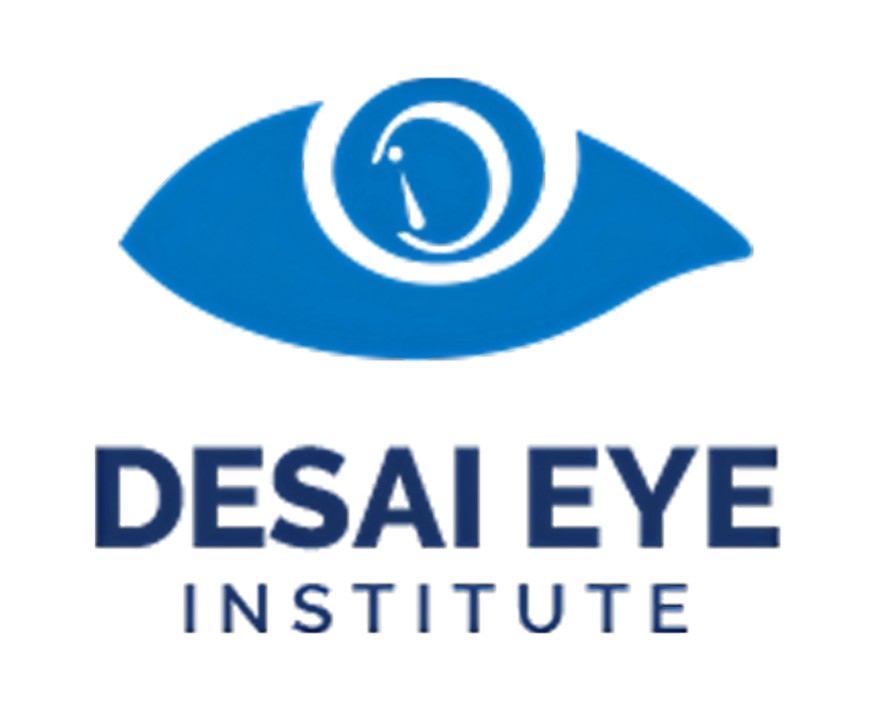Double vision, or diplopia, occurs when a person perceives two images of a single object. It can be temporary or indicate an underlying medical condition requiring prompt attention. Identifying the causes and understanding when to seek medical help is essential for maintaining eye health.
Primary Causes of Double Vision
Several factors can contribute to diplopia, ranging from minor issues to severe medical conditions. Some key causes include:
1. Neurological Disorders
Certain conditions affecting the brain and nervous system can result in double vision:
- Stroke – Restricted blood flow to the brain may affect vision coordination.
- Multiple Sclerosis (MS) – Impacts the nerves responsible for controlling eye movement.
- Brain Tumors – Increased pressure on the optic nerve or brainstem can cause visual disturbances.
- Aneurysms – Swollen blood vessels pressing on optic nerves can lead to diplopia.
2. Muscle Imbalances & Eye Disorders
When eye muscles do not work together correctly, double vision can occur:
- Strabismus (Crossed Eyes) – A condition in which the eyes fail to align properly.
- Myasthenia Gravis – Weakening of eye muscles due to an autoimmune disorder.
- Thyroid Eye Disease (Graves’ Disease) – Swelling of eye muscles affects alignment and movement.
3. Injuries & Trauma
Physical injuries or trauma to the head or eyes may result in double vision:
- Concussions – Affect the brain’s ability to coordinate eye function.
- Orbital Fractures – Damage to the eye socket can impair vision alignment.
- Nerve Damage – Injuries affecting cranial nerves can disrupt proper eye movement.
When to Seek Medical Attention
While occasional double vision may not be alarming, immediate medical evaluation is necessary if:
- It appears suddenly and persists.
- Intense headaches, dizziness, or trouble speaking often accompany it.
- It follows a head injury or accident.
- There are additional symptoms like eyelid drooping, weakness, or numbness.
Advanced Diagnosis & Treatment at Desai Eye Institute
At Desai Eye Institute & Research Center, our specialists provide expert evaluation and treatment for double vision caused by various conditions. We use advanced diagnostic procedures, including OCT, fundus photography, and corneal topography, to determine the cause and offer effective treatment options.
Treatment Options
Depending on the cause of diplopia, treatment may include:
- Prism Glasses – Helps correct misalignment of vision.
- Eye Exercises & Vision Therapy – Strengthens eye muscles for better coordination.
- Medications – Treats conditions like myasthenia gravis or thyroid-related eye disease.
- Surgical Procedures – Addresses severe cases caused by muscle imbalances or trauma.
Why Choose Desai Eye Institute?
- Best Eye Institute in Vadodara – Recognized for excellence in ophthalmology.
- Comprehensive Treatment Options – Covering routine exams to specialized neurological and muscular eye disorders.
- 24/7 Emergency Care – Immediate medical assistance for urgent eye conditions.
- Best Neuro-Ophthalmology Care in Vadodara – Specialized treatments for nerve-related vision problems.
- State-of-the-art technology – Employing the latest advancements in diagnostics and treatment.
Book Your Consultation Today!
Don’t wait for symptoms to worsen—schedule your consultation today! Contact Desai Eye Institute & Research Center now:
Location: Manharpark Society, Subhanpura High Tension Line Road, Near Vimalnath Cross Roads, Santosh Nagar, Subhanpura, Vadodara, Gujarat 390023
Phone: 0265-2292266, 0265-3553505 | Mobile: +91 89804 92266
Email: info@desaieyeinstitute.com
Follow Us:


